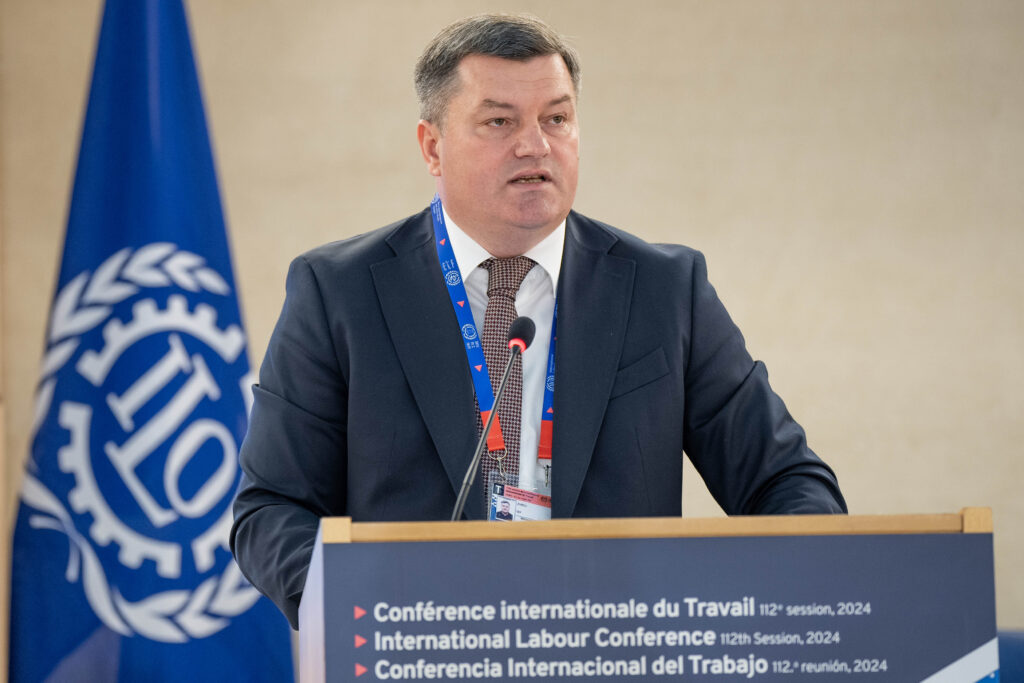This event brought together women trade unionists, representatives of branch trade unions.
The priority areas addressed in this project are important for trade union members and the trade union movement in Moldova, especially in relation to the declaration of the Republic of Moldova as a candidate country for EU membership.
Among the areas addressed in the work are: promoting measures to stimulate women’s employment in the labour market, creating public care services, promoting retraining measures for women after childcare leave, promoting the inclusion of gender equality in collective labour agreements and providing information on the implementation of ILO Convention 190.
Equal access to the labour market is recognised as a cornerstone of women’s economic independence and participation in public life. Since women around the world face lower income opportunities compared to men and at the same time are less likely to work in formal employment and have fewer opportunities for business expansion or career advancement, this points to the need for multidimensional intervention.
In this context, we note that the Republic of Moldova has approved in 2021-2022 a number of changes in line with the recommendations of Directive 2019/1158 of the European Parliament and of the Council on work-life balance for parents and career, additional options for childcare leave up to the age of 3 have been introduced, universal payment of childcare allowances up to the age of 2 has been ensured for insured and uninsured persons, at the proposal of trade unions.
Increasing the participation rate of women in the labour market is one of the most important components of development, economic growth and the fight against unemployment and must be considered a priority objective of employment policy.
This training activity will also contribute to the promotion and development of dialogue and social partnership, to the respect of national and international labour standards, to the effective resolution of problems faced by women trade union members.
In addition, by bringing together participants from different institutional contexts and regions, participants had the opportunity to exchange views and opinions, thus creating a broad knowledge base on innovative practices and success factors.




